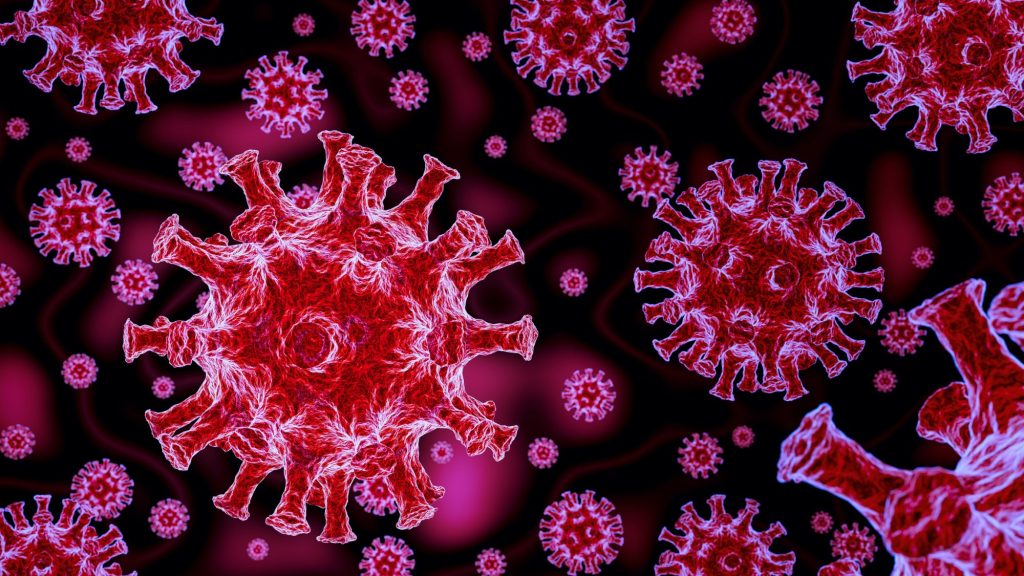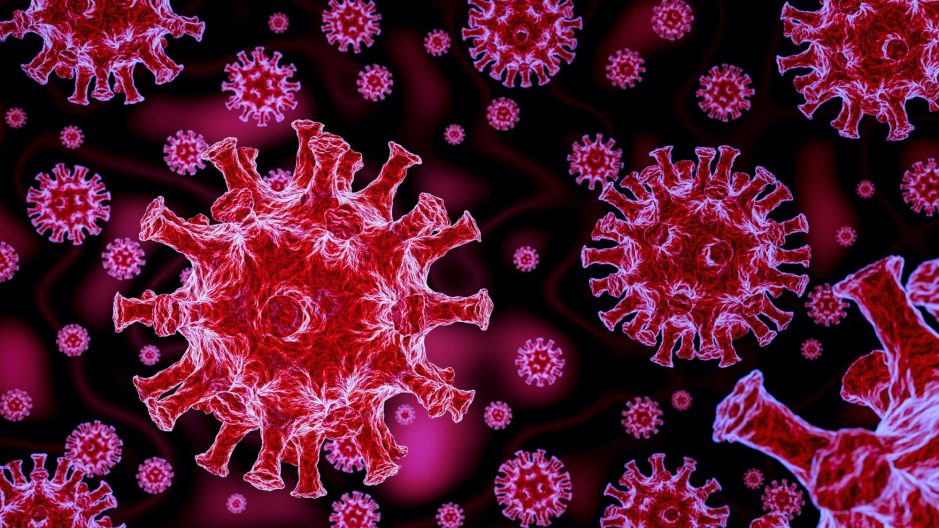
Could having sleep apnoea be a risk factor for getting a more severe case of covid-19?
A new study from Finland has shown that this could be the case.
While this might seem like bad news for people with sleep apnoea, the news might not be all bad.
Firstly, the study is very new, and based on a small group of patients at Turku University Hospital in Southwest Finland.
With a population of 480,000, Finland has had only 263 cases of covid-19 reported by the World Health Organisation (WHO).
Furthermore, the researchers’ work on sleep apnoea risk is based on just 28 cases of Covid-19 patients who were admitted to Turku University Hospital.
Importantly, the researchers found that the patients admitted to hospital had a number of pre-existing conditions. The risk factors were hypertension, obesity, OSA, diabetes, asthma, an active malignant disease (cancer) and chronic lung disease. In short, this is similar to covid-19 patients elsewhere in the world.
But 29% of the Finnish patients in the study who ended up with a severe form of covid-19 were found to have pre-existing OSA.
Does this mean that if I have sleep apnoea, my risk is higher?
This research does seem to suggest there may be a possible higher risk.
But the disease is very new, and researchers are only at the early stages of understanding it.
So far, it seems that covid-19 ranges from a mild illness, like a cold, to the more severe cases.
The disease attacks the respiratory system, and in severe cases, patients might need to be ventilated.
Sleep apnoea also impacts the respiratory system, because when you snore, and if you have sleep apnoea, your airways are obstructed.
People with untreated sleep apnoea have obstructed airways, and a therefore receive less oxygen when they sleep.
What can CPAP users learn from this information?
The Finnish researchers found that patients who needed critical care had elevated levels of a protein (C-reactive), and a biomarker that shows inflammation (procalcitonin).
They also had reduced oxygen saturation levels. Inflammation and low oxygen occur for people with untreated sleep apnoea.
But it’s important to remember that one of the most positive effects of using CPAP to treat your sleep apnoea is that you are improving your oxygen saturation levels.
The Finnish research suggests that a lack of oxygen during sleep could increase the lack of oxygen brought about by covid-19.
Lack of oxygen, or hypoxia, also leads to inflammation, which could contribute to the “cytokine storm syndrome” that can be fatal for some cases of covid-19.
But continued used of CPAP by sufferers of sleep apnoea means that the inflammation caused by lack of oxygen is being treated. Getting more oxygen while you sleep significantly improves many health conditions.
So what should I do if I’m on CPAP or I think I have OSA?
It’s important, if you have sleep apnoea and are a CPAP user, that you continue to follow your doctor’s advice, as well as all the health advice from reputable agencies.
If you haven’t had your CPAP checked for a while, book in with your sleep clinic and/or organise a visit to the sleep specialist at the same time.
Naturally, an annual check-up of your CPAP is recommended, unless you have other concerns.
Ideally, you should have your CPAP machine checked regularly for leakages or any other problems. Also, getting a regular download can help your clinicians and doctors ensure that your sleep apnoea is being treated in the best way possible.
The Pacific Sleep clinicians can assist with a service on your machine, and can check for leaks or wear and tear that might make your machine less effective than it should be.
Our clinicians can provide a download, and let you know if there are any changes that should be flagged to your doctor. We can also assist with part replacements and upgrades of your CPAP if required.
Importantly, if you are concerned that you might have sleep apnoea, talk to your GP, who can arrange a referral for a sleep test.
Pacific Sleep is now offering remote sleep tests, for people who are unable to come to our clinic. It’s an easy process, and the benefits of treating any sleep conditions are even more important during this new health crisis.
Call our team on (02) 4339 1222 or explore our website www.pacificsleep.com.au for more information.
Journal reference:
Feuth T, et al. Is sleep apnoea a risk factor for Covid-19? Findings from a retrospective cohort study. medRxiv 2020. doi: https://doi.org/10.1101/2020.05.14.20098319
